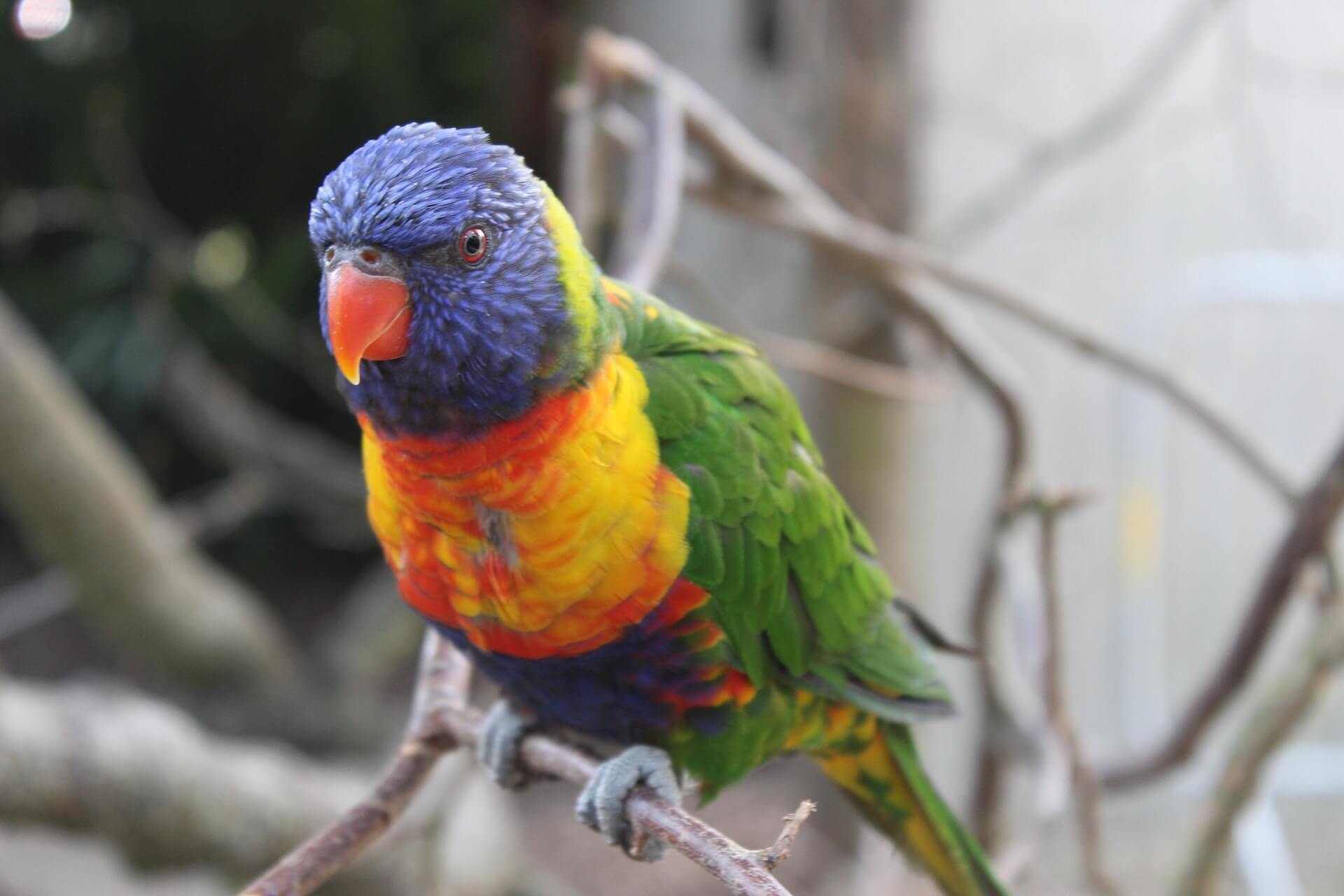Pet birds, whether parrots, canaries, finches, or cockatiels, bring joy and vibrancy to our lives with their colorful plumage, unique personalities, and melodious songs. However, like any other pets, birds require proper care, attention, and regular health check-ups to ensure they lead happy, healthy lives. In this comprehensive guide, we’ll explore essential aspects of health and veterinary care for pet birds, helping you provide the best possible care for your feathered companions.
1. Choosing a Healthy Bird
Selecting a healthy bird is the first step in ensuring their long-term well-being. When acquiring a pet bird:
- Research: Learn about the specific species you’re interested in. Different species have different care requirements and potential health issues.
- Visit Reputable Breeders or Rescues: Choose a reputable breeder or rescue organization that prioritizes the health and welfare of their birds. Avoid buying birds from pet stores with questionable practices.
- Physical Examination: If possible, have the bird examined by an avian veterinarian before bringing them home. This can help detect any underlying health issues.
2. Proper Diet and Nutrition
A balanced diet is crucial for your bird’s health. Different species have varied dietary needs, but some general guidelines include:
- Pelleted Diet: High-quality commercial bird pellets provide essential nutrients and should form the basis of their diet.
- Fresh Fruits and Vegetables: Offer a variety of fresh, bird-safe fruits and vegetables daily. Avoid toxic foods like avocado, chocolate, and onions.
- Seeds and Nuts: These should be offered in moderation, as they can be high in fat. They can be used as occasional treats.
- Clean Water: Provide fresh, clean water daily. Birds are particularly sensitive to water quality, so ensure that their water source is clean and free of contaminants.
- Calcium Sources: Some birds, like cockatiels and budgerigars, require additional calcium sources like cuttlebones or mineral blocks.
3. Housing and Environment
Creating a suitable living environment is vital for your bird’s well-being:
- Cage Size: Choose an appropriately sized cage for your bird’s species. Birds should have enough space to spread their wings and move comfortably.
- Cage Placement: Place the cage in a location with good air circulation, away from drafts, direct sunlight, and kitchen fumes.
- Perches: Provide a variety of perches with different textures and diameters to promote foot health.
- Toys and Enrichment: Birds need mental stimulation. Offer toys, puzzles, and foraging opportunities to prevent boredom.
- Cleanliness: Keep the cage clean by removing droppings, changing water, and regularly washing food and water dishes.
4. Veterinary Care
Regular veterinary check-ups are essential for maintaining your bird’s health:
- Find an Avian Veterinarian: Birds require specialized care, so choose a veterinarian experienced in avian medicine. Schedule a wellness check-up at least once a year.
- Be Observant: Monitor your bird’s behavior, appearance, and droppings. Any sudden changes can be a sign of illness.
- Vaccinations: Depending on your location and the species of your bird, vaccinations may be recommended. Discuss this with your veterinarian.
- Parasite Control: Birds can be susceptible to internal and external parasites. Your veterinarian can recommend appropriate preventive measures.
5. Signs of Illness
Knowing the signs of illness in birds is crucial for early intervention. Common signs of illness include:
- Change in Appetite: Loss of appetite or increased food consumption.
- Discharge: Nasal discharge, eye discharge, or changes in droppings (color, consistency, or odor).
- Feather Fluffing: Puffed-up feathers for extended periods.
- Breathing Problems: Wheezing, labored breathing, or tail bobbing.
- Behavioral Changes: Listlessness, excessive sleeping, or increased aggression.
- Vocal Changes: Changes in vocalizations or loss of singing in songbirds.
- Feather Plucking: Excessive feather plucking can be a sign of stress or illness.
- Balance Issues: Difficulty perching or staying balanced.
If you notice any of these signs, contact your avian veterinarian promptly. Birds are skilled at hiding signs of illness, so early detection is crucial.
6. Quarantine New Birds
If you introduce a new bird to your household, quarantine them in a separate room for at least 30 days. This prevents the potential spread of diseases to your existing birds and allows you to observe the new bird’s health.
Conclusion: Nurturing Happy and Healthy Birds
Pet birds can be wonderful companions, but they rely on their human caregivers to provide proper care and attention. By ensuring a balanced diet, a clean and stimulating environment, regular veterinary care, and prompt attention to signs of illness, you can help your feathered friends thrive and enjoy a long, happy life. Remember that each bird is unique, so tailor your care to their specific needs and preferences, and savor the joy they bring to your life.



